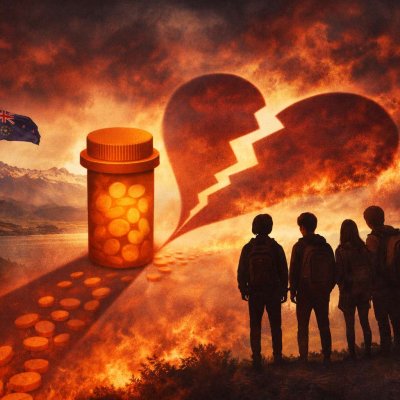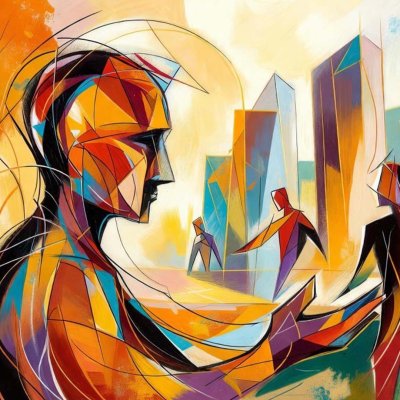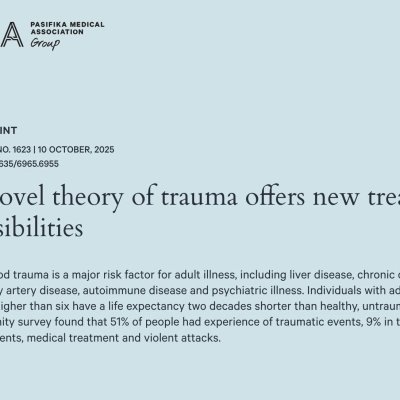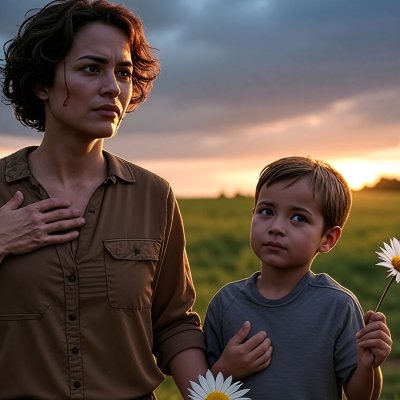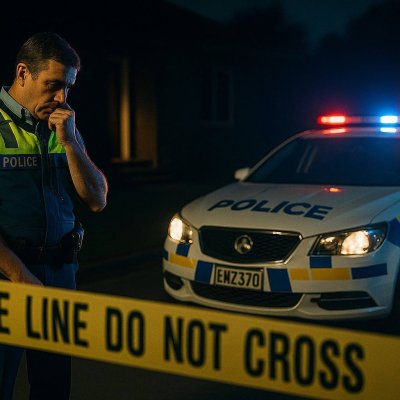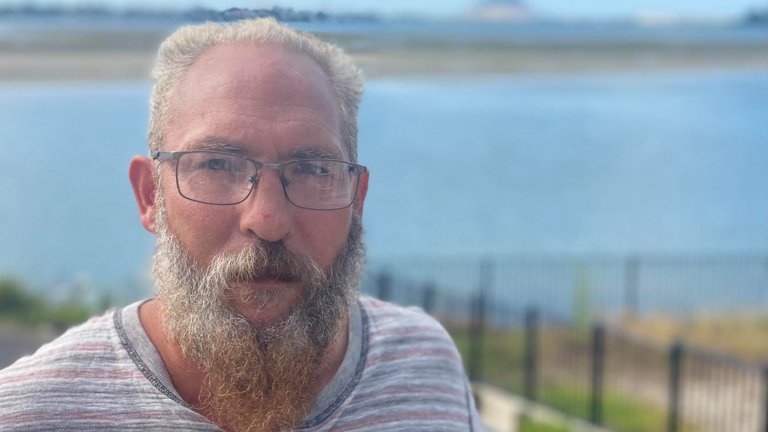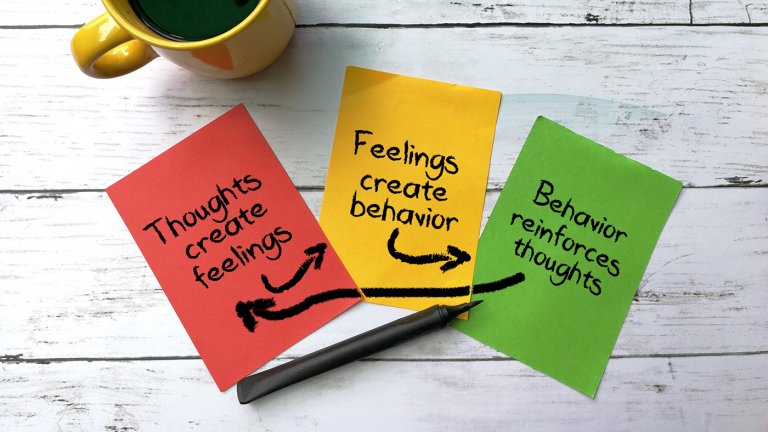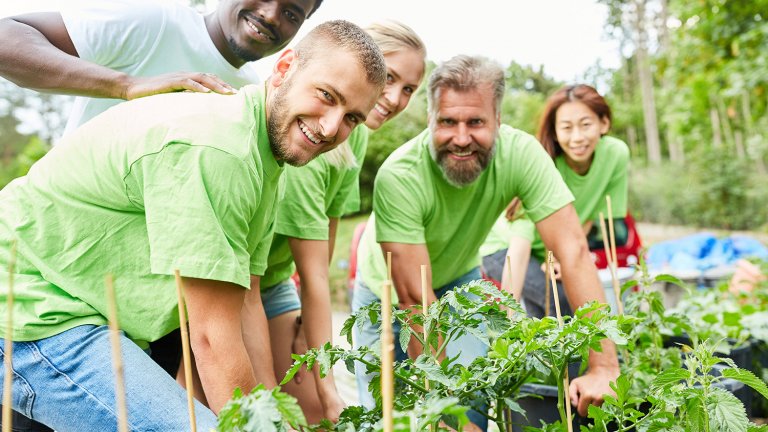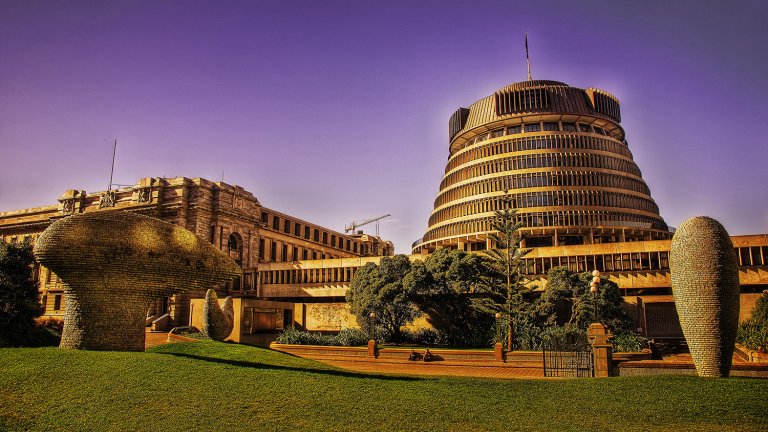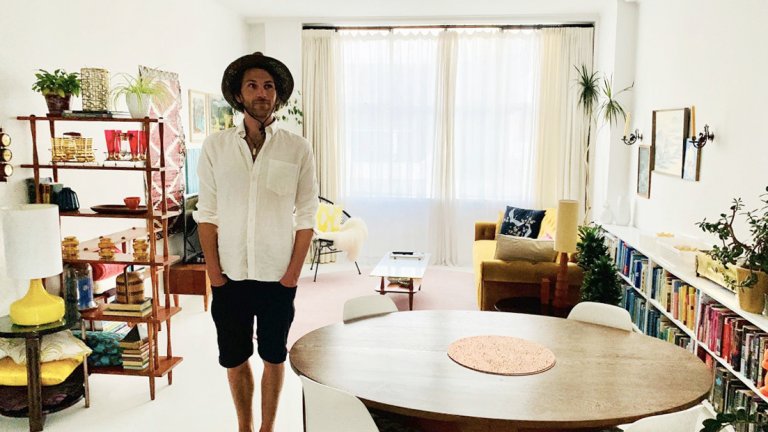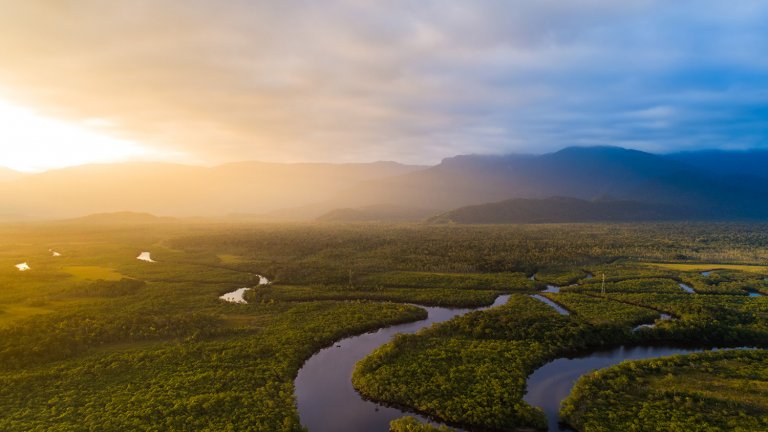Welcoming Dr Robin Youngson: A Groundbreaking Trauma Specialist and Trustee of Kiwis For Good
Kiwis For Good is proud to announce the appointment of Dr Robin Youngson as a Trustee of our organisation. Dr Youngson is a leading trauma specialist and the founder of a pioneering therapeutic practice known as Somatic Compassion – a powerful integration of neuroscience, affective touch, and compassionate presence that has transformative effects on trauma healing.
With decades of experience in healthcare and deep expertise in both science and the human spirit, Dr Youngson brings with him a compassionate, evidence-informed approach to supporting the emotional and psychological recovery of those who have suffered trauma.
What is Somatic Compassion?
At its heart, Somatic Compassion is the combination of two essential human experiences: affective touch and deep compassion. It is grounded in emerging neuroscience that shows how our brains and bodies are wired to heal when we feel safe, seen, and supported – especially through loving human connection.
This isn’t just about “being nice.” Compassion, when practiced fully, activates healing processes in the brain that soothe stress, reduce pain, and rewire trauma.
From Empathy to Compassion: A Safer Way to Care
While empathy allows us to feel what others feel, it can become overwhelming – especially for carers and health professionals. Compassion, on the other hand, is empathy with loving intention. It is protective to both giver and receiver. Neuroscience shows that compassion activates brain centres linked to connection and love – rather than the stress centres lit up by empathy alone.
The Healing Power of Affective Touch
Affective touch is the instinctive, nurturing touch we offer when comforting a crying child or hugging a friend. Science has now identified a class of nerves in our skin – c-tactile afferents – that exist solely to detect this kind of soothing, warm touch. These nerves calm the stress response and activate brain waves known as Delta Waves, which are essential for healing, emotional regulation, and even memory change.
Combined with compassionate presence, affective touch can shift a person from a state of trauma and helplessness into empowerment and clarity. This is the essence of Somatic Compassion.
Trauma and the Brain: Understanding the Polyvagal Theory
Dr Youngson’s approach is also rooted in Polyvagal Theory, which explains how our nervous system responds to threat. When we feel safe and supported, our parasympathetic nervous system helps us heal, connect and feel joy. But when overwhelmed, we can enter a ‘freeze’ state – disconnected, numb, and powerless.
Somatic Compassion works to gently move people out of this frozen trauma state and back into a sense of safety, dignity and control – the foundation for healing. When trauma is met with compassion and touch, the brain’s memory of the event can soften, reframe, and even transform.
Why This Matters
At Kiwis For Good, we believe in evidence-based approaches that are also deeply human. Trauma doesn’t just live in the mind – it’s held in the body. Dr Robin Youngson’s methods restore healing to where it belongs: in connection, in presence, in community.
As we work to support young people and survivors of trauma across Aotearoa, Dr Youngson’s leadership and therapeutic innovations will play a vital role in shaping our services and philosophy of care.
We are honoured to welcome Dr Robin Youngson as a Trustee, and we look forward to supporting his vision of healing through compassion.
Coming Soon: A Documentary on Somatic Compassion
We’re thrilled to announce that a new documentary produced by Kiwis For Good is set to be released soon, showcasing Dr Youngson’s work with Somatic Compassion. This moving and informative film explores how touch, presence, and science come together to heal trauma in a way words alone cannot.
Stay tuned for the premiere date — and be among the first to witness how compassion is changing lives across Aotearoa.

